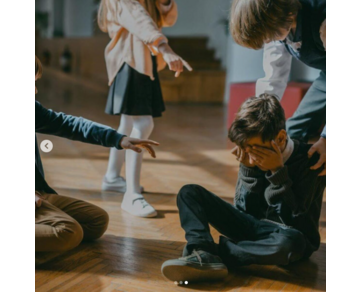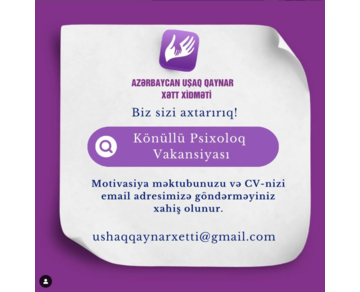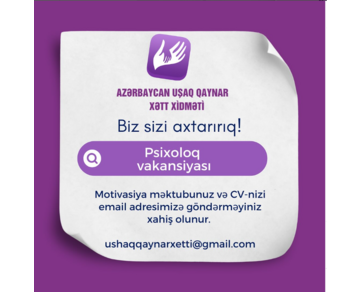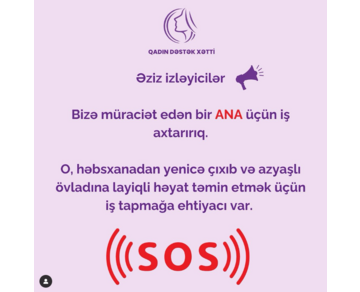BAKU, April 12, 2006 – “Perspectives of Juvenile Justice Development in Azerbaijan”, a first national conference on juvenile justice organized jointly by the Government of Azerbaijan, the United Nations Children's Fund (UNICEF), the Organization on Security and Cooperation in Europe (OSCE), British Embassy and the NGO Alliance for Child Rights will take place on April 13-14, 2006 at the Excelsior hotel in Baku.
The conference will bring together governmental officials and non-governmental agencies who work with children in conflict with the law, aiming to increase their understanding of domestic and international standards of juvenile justice and to identify practical ways for the improvement of the juvenile justice system in Azerbaijan.
“It is our hope that this conference will help the juvenile reform to pick up pace in Azerbaijan. The combined of efforts by police, the courts, local and international NGOs is starting to have an impact in the country. But we will call it a success when fewer children will be deprived of their liberty and more children will have access to legal assistance, with more emphasis on prevention and alternative measures to arrest and imprisonment for juvenile offenders,” says Hanaa Singer UNICEF Azerbaijan Representative.
A number of key governmental officials and international experts on juvenile justice will take part at the conference as guest-speakers, including Dr. Jacob Doek, head of the UN Committee on the Rights of the Child.
The objectives of the conference include discussing the needs for creating of the specialized agencies in the development of juvenile justice system; increasing understanding of problems stemming from the detention of minors; improving the support and advocacy for minors who come into conflict with the law as they pass through the judicial system and developing strategies to implement alternatives to imprisonment including the increased use of pre-trial diversion, community service, and other non-custodial sanctions for juvenile offenders.
***
UNICEF works in 158 countries and territories around the world. Its programmes cover education, health, water and sanitation and the protection of children. UNICEF also advocates with governments for inclusive policies, budgets, and programmes to protect and promote the rights of children, and to ensure that children have a voice in their own futures.









